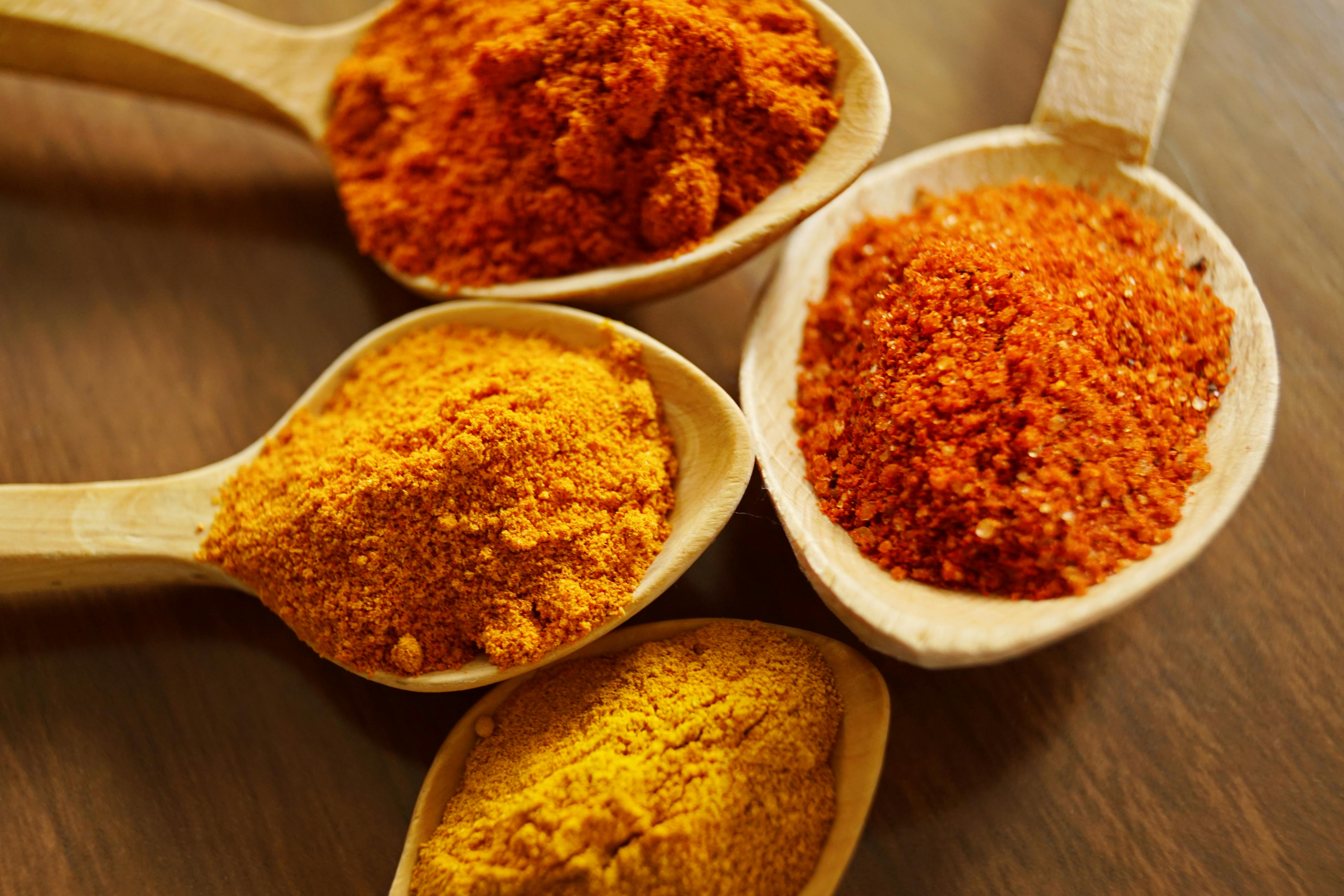What Causes Arthritis and Why Inflammation Matters
Let’s face it—chronic pain is exhausting. And for people living with arthritis, it can take a serious toll on daily life. Whether it’s stiff joints in the morning or struggles walking up stairs, arthritis impacts more than your mobility. It affects your mood, energy, and independence.
So, what’s happening inside your body when arthritis flares up? The main culprit is inflammation, the body’s natural response to injury or disease. While some inflammation is helpful for healing, chronic inflammation—like that seen in arthritis—can cause pain and ongoing joint damage.
There are over 100 types of arthritis, but the two big ones are:
- Osteoarthritis: Caused by wear and tear of the joints.
- Rheumatoid arthritis: An autoimmune condition that attacks joint tissues.
Both types involve inflammation, which is why addressing it is key to relieving symptoms. While medication is often necessary, many people are turning to natural approaches—especially vitamin supplements—to help manage their joint pain from the inside out.

The Best Vitamins for Arthritis and Joint Inflammation
You might be wondering: can vitamins really help with arthritis pain?
The short answer? Yes—if you take the right ones.
Here are the top vitamins that studies suggest can help soothe inflammation and protect your joints:
1. Vitamin D
Vitamin D is known as the “sunshine vitamin” because we get it when our skin is exposed to sunlight. It keeps your bones strong by helping your body absorb calcium—but research also shows it has anti-inflammatory properties.
Many people with arthritis have low levels of vitamin D, and that deficiency can make symptoms worse. Supplementing can help reduce joint pain, especially if your levels are low to begin with.
Pro tip: If you don’t get much sun or live in a cloudy climate, talk to your doctor about a vitamin D blood test.
2. Vitamin K2
Not to be confused with K1 (found in greens like kale and spinach), Vitamin K2 plays a role in bone strength and helps keep calcium out of the arteries and in the bones where it belongs.
Some studies have linked low K2 levels with increased joint degeneration. This makes sense—if your bones are weak, the joints around them suffer.
You can find vitamin K2 in fermented foods like natto, or in supplements if those foods aren’t a regular part of your diet.
3. Vitamin E
Vitamin E is a powerful antioxidant, which means it helps protect cells from damage caused by free radicals. This protective role is particularly important in chronic inflammation, such as in osteoarthritis and rheumatoid arthritis.
Some research has found that vitamin E supplements may lower markers of inflammation, and people taking them sometimes report less joint pain and swelling.
That said, more studies are needed, so Vitamin E is best used as part of a full anti-inflammatory approach—not a cure-all.

Photo courtesy of Pexels.com
Other Nutrients That Support Joint Health
While vitamins get a lot of attention, there are other nutrients that can make a big difference for joint pain. Think of them as your backup team—they support the main players (vitamins), but without them, your body can’t function at its best.
Omega-3 Fatty Acids
Found in fatty fish like salmon and mackerel—or in supplements like fish oil—Omega-3s are well-known inflammation fighters. They block some of the same pathways as anti-inflammatory drugs but without the side effects.
In people with rheumatoid arthritis, omega-3s have been shown to reduce joint stiffness and tenderness.
Curcumin
Curcumin is the active compound in turmeric, a bright yellow spice used in Indian cuisine—and it’s a natural anti-inflammatory. Studies suggest that curcumin supplements can relieve arthritis symptoms just as well as some medications (like ibuprofen), especially when taken consistently.
If you’re considering taking turmeric or curcumin, look for formulas with black pepper (piperine), which boosts absorption.
Glucosamine and Chondroitin
These are two substances naturally found in cartilage—the tissue that cushions your joints. Supplementing with glucosamine and chondroitin may help rebuild cartilage and reduce joint pain over time. They’re especially popular for osteoarthritis of the knees.
While results are mixed, many people find them helpful—especially when taken long-term.

Photo courtesy of Pexels.com
Tips for Choosing the Right Supplements for Arthritis
Not all supplements are created equal. With so many products on store shelves, it’s easy to get overwhelmed. Here are some simple tips to help you choose wisely:
- Look for third-party testing: Make sure the product has been tested for quality and purity by organizations like NSF or USP.
- Check the dosage: More isn’t always better. Stick to science-backed doses and avoid megadoses unless advised by your doctor.
- Go for combinations: Some formulas combine vitamins like D3 + K2 or turmeric + ginger for better results.
- Be patient: Supplements take time. Give at least 4–6 weeks before judging their effectiveness.
When to Talk to Your Doctor
Before starting any new supplement—especially if you take medications—it’s smart to involve your healthcare provider. Some vitamins can interact with drugs, and it’s important to tailor your approach to your individual health needs.
The Bottom Line: Can Vitamins Really Help Arthritis?
The answer depends on the individual, but many people do experience real relief by adding the right nutrients to their routine. When combined with lifestyle changes—like staying active, eating an anti-inflammatory diet, and reducing stress—vitamins can play a powerful role in calming inflammation and protecting your joints.
Arthritis pain doesn’t have to control your life. By supporting your body with targeted vitamins and supplements, you give yourself a better chance at managing symptoms and moving more freely—every single day.
Remember: Healing isn’t just about treating symptoms. It’s about giving your body the tools it needs to repair, protect, and thrive.
Need Help Getting Started?
Look for high-quality vitamins from trusted brands, and consider speaking with a nutritional therapist for personalized guidance. Your joints will thank you!













